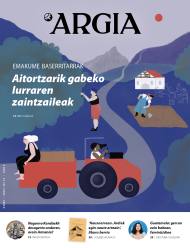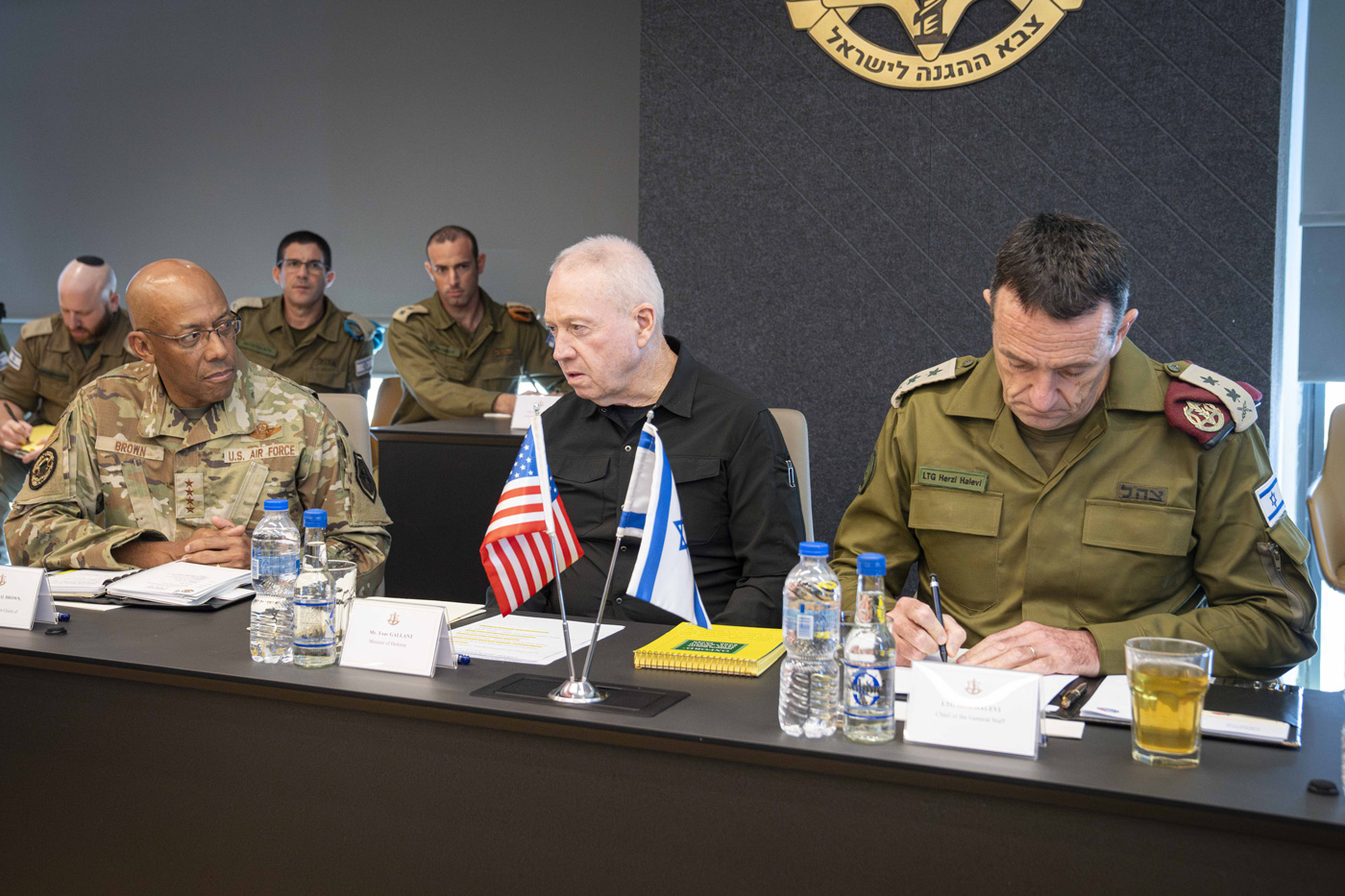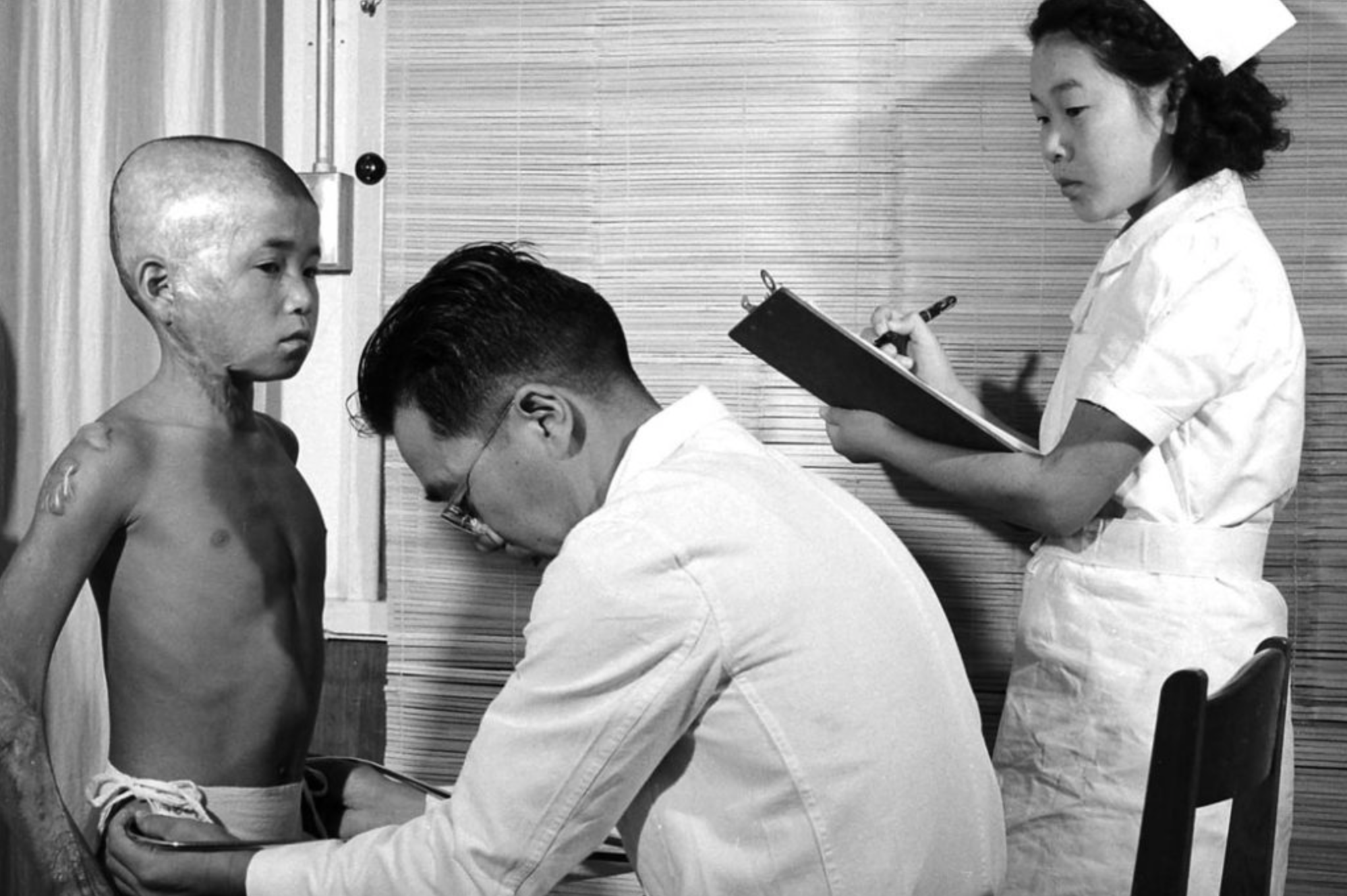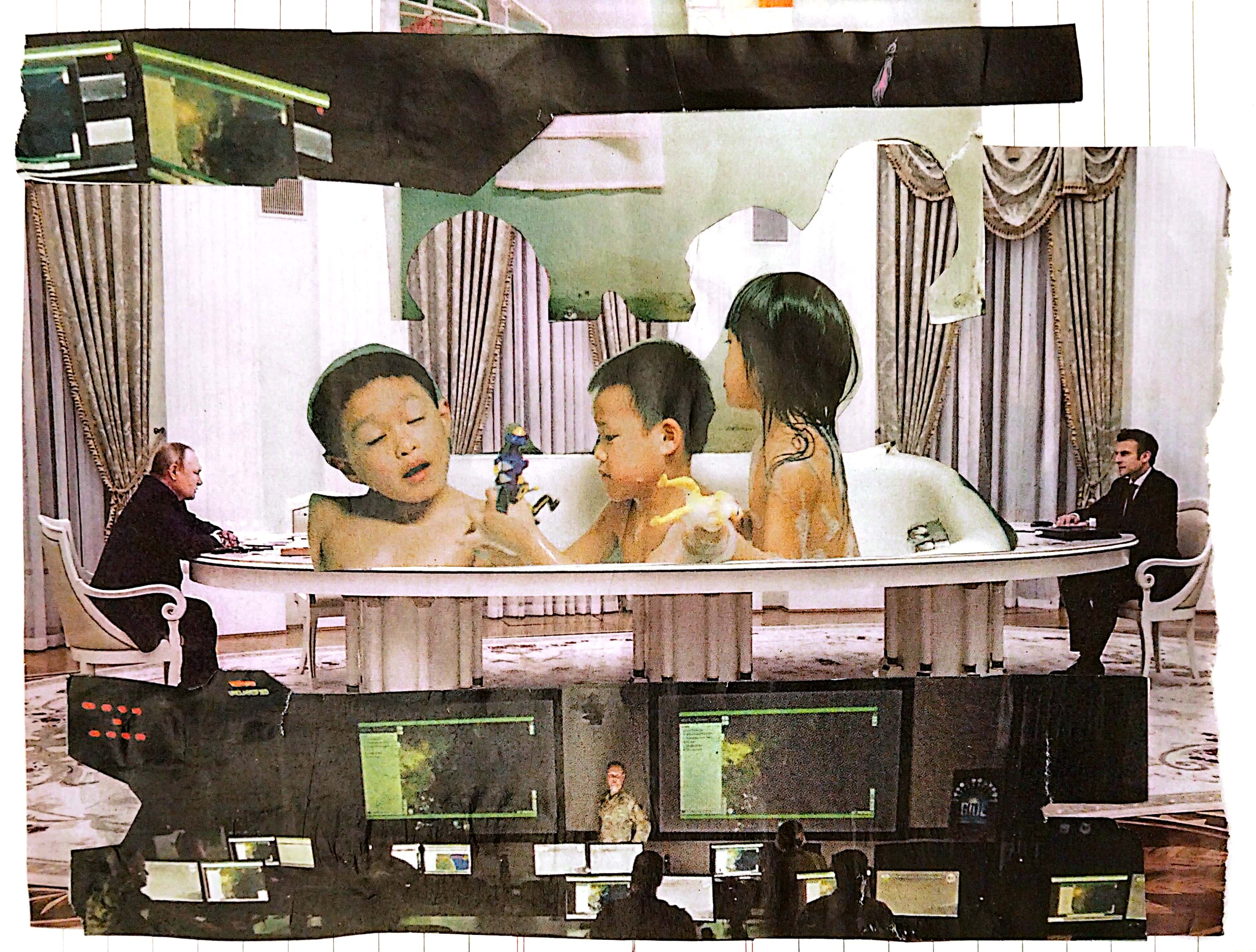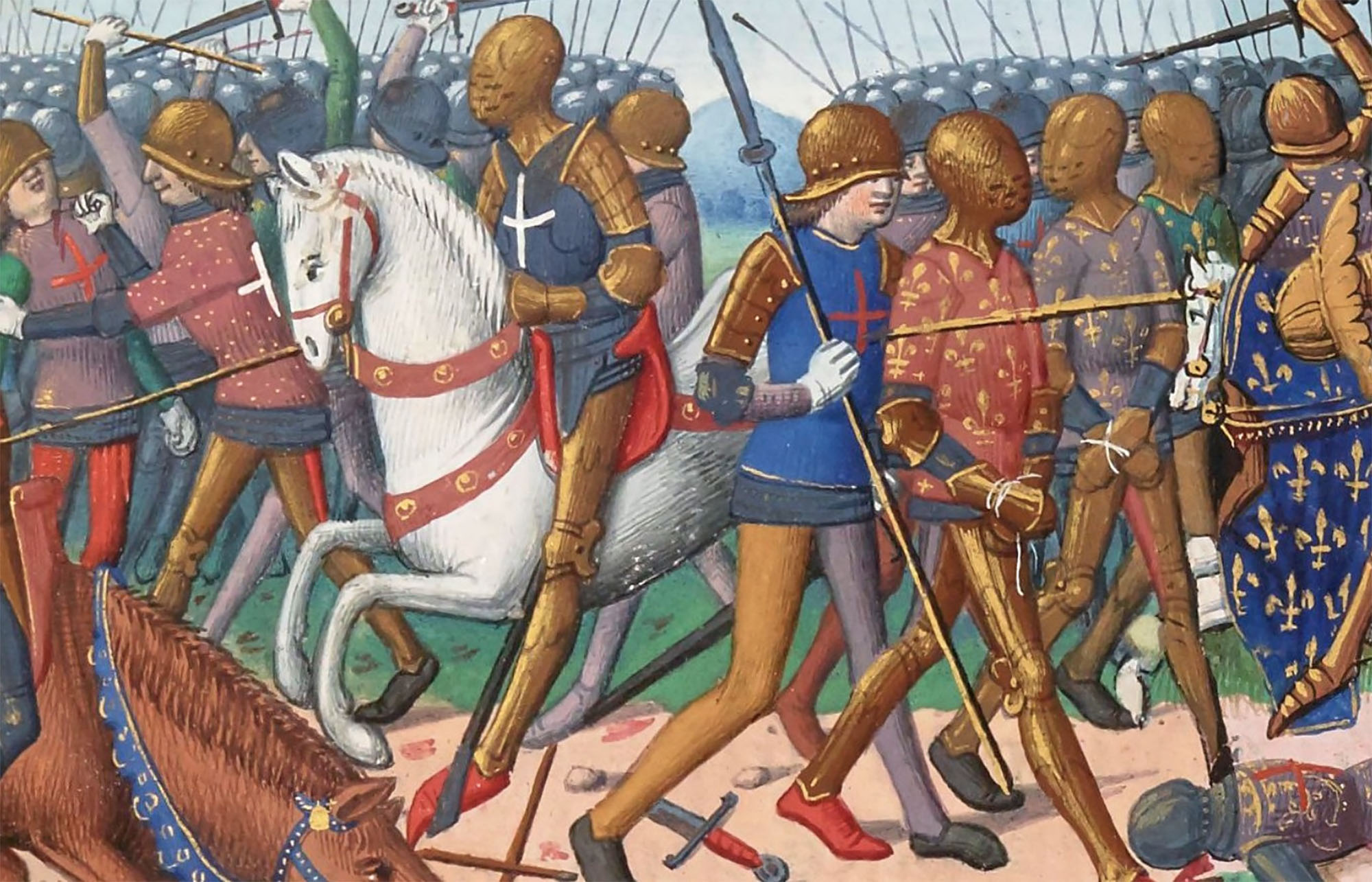Nagorno journalist Karabakh tells us: “Where did you look?”
- We are surprised at the new exodus that is taking place in the complicated puzzle of the Caucasus. Almost all Armenians in Nagorno Karabakh, 120,000 people, have fled after the last attack by Azerbaijan. An ethnic evacuation. But the only umbilical cord they had nine months ago with Armenia, until they closed the Natxin pass and condemned its inhabitants to perpetuate themselves, where have we been looking?
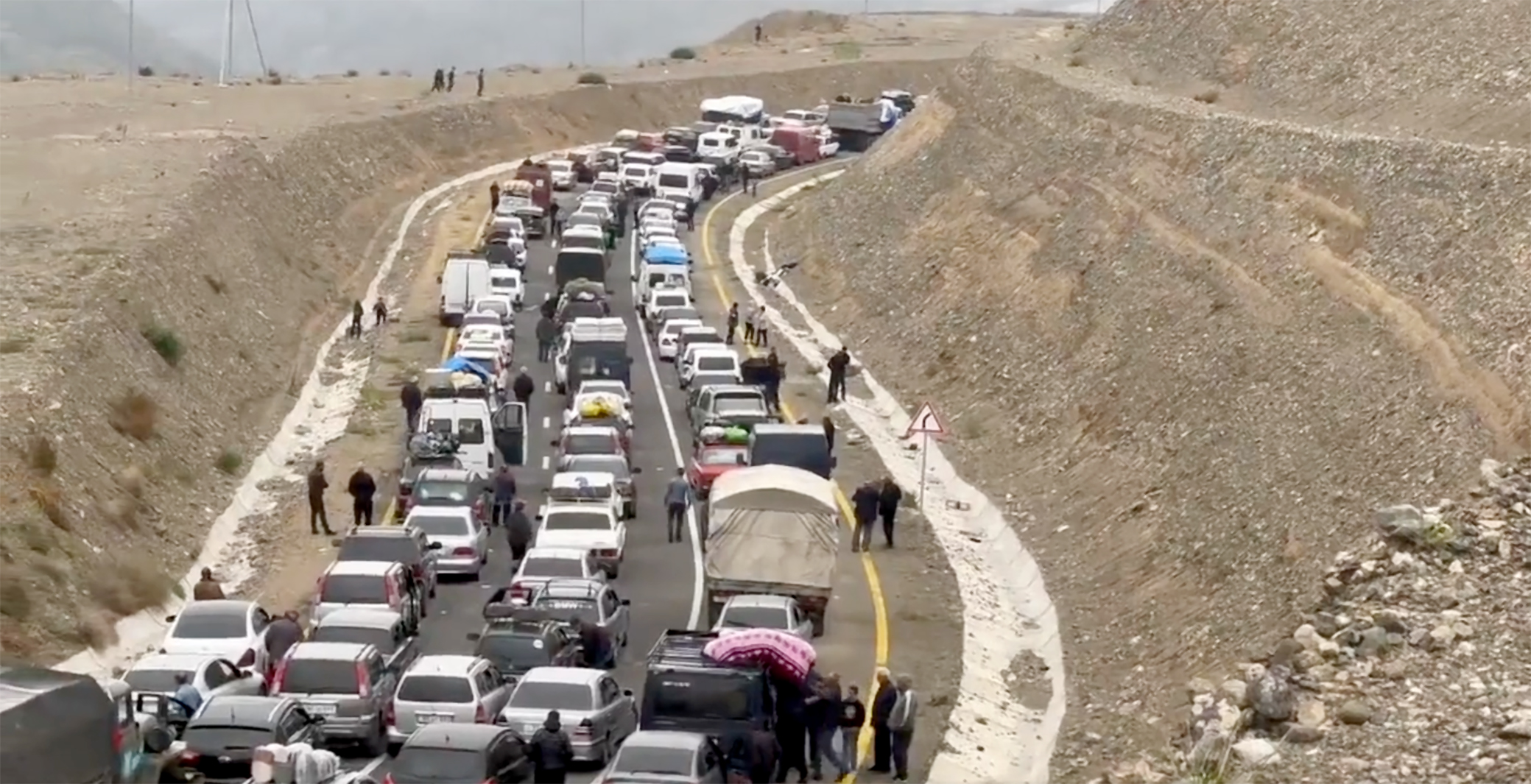
The 24-hour bombardment has been enough for the powerful Azerbaijan on 19 September to erase from the map of Nagorno Karabakh, also called the Republic of Artsakh. Ilham Aliyev’s Azerbaijani government has killed the bloody 44-day war in 2020 from the capital of Baku. Since 1 January the country will not exist politically or as far as the population is concerned, since there is hardly one Armenian left after the most recent exodus from Europe: Over 100,000 people have left their homes in an endless car caravan to Armenia.
Days after the Azerbaijani attack, the British public broadcaster BBC said that "an ethnic Armenian journalist was reporting the blockage of cars" on the border. If we click on the video accompanying the news, we are on the road in Siranush Sargsyan, independent left-wing blog of Stepanakert, capital of Nagorno Karabakh: "As you see, we're still stuck on the road. This exodus is unsustainable not only psychologically, but also because many people will become refugees for the third time in their lives. We have been on this road for 16 hours now and I do not believe that we will reach the border in 24 hours. There are people who suffer from discomfort or are losing knowledge, have diseases and no doctors. Some have had to go back to care for their relatives."
Sargsyan talks about the internal incision caused by the conflict between Azerbaijan and Armenia. But it would be better if the other journalists had heard their SOS call nine months ago, when the Nagorno Karabakh blockade started and not now.
"As you see, we're still stuck on the road. This exodus is unsustainable not only psychologically, but also because many people will become refugees for the third time in their lives."
On 12 December 2022, the Acerbic military, disguised as environmental activists, closed the passage of Latxin, the only road linking Karabakh with Armenia. 400 tonnes of food and materials were transported on a daily basis, so thousands of Armenians for long months without basic need (gas oil, gas, milk, medicines, compresses...) have caused a great death.
Carlos Zurutuza, a former friend and collaborator of ARGIA, has perfectly summed up the worldview of what was happening in this mountainous country: "Nagorno Karabakh, or why journalism is useless when it comes late," he titles an article in Jot Down magazine. In other words, the local journalists and the Armenian diaspora did not stop drawing the attention of the main media, but in vain, and on the occasion of the humanitarian crisis that the UN was causing in Azerbaijan last August, it was late.
Following the ethnic cleansing strategy, Baku opened the Latxin border a few days before the start of the attack for the population to troop the country: "I believe that if foxes have allowed the Armenians to leave without cutting their nose and ears (this has happened before), it is because the world, although late, has its eyes on them," says Zurutuza. If it had been placed on that blockade before, Baku may not dare to bomb. Nobody watches when you do the crime. You just have to go back three years to realize."
Under the threat of genocide
The conflict in Nagorno Karabakh comes from the 1990s, in the context of the dissolution of the Soviet Union. In that first war, which caused at least 30,000 deaths, the Armenians defeated and conquered the territory, when the first great distinction was made between the two peoples, the first exodus of both peoples. Then there was the short war of 2020, but in September of that year the media were too busy with the American elections and the new wave of COVID-19.
Azerbaijan ' s modern army, burdened by gas reserves, constantly bombed Stepanakert and its surroundings, and Baku appropriated two-thirds of Nagorno Karabakh. The only third left to tread was to eliminate it from hunger and cold.
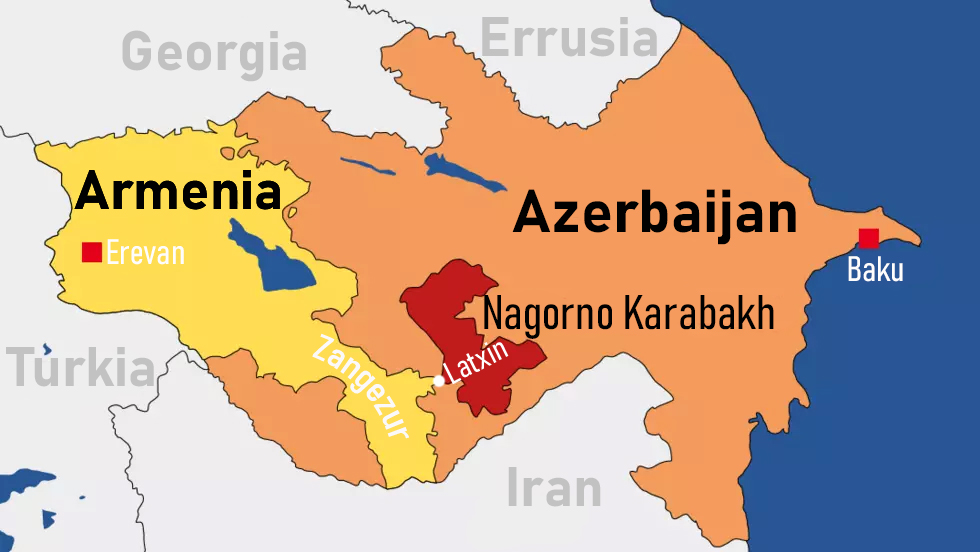
Siranush Sargsyan has collaborated in such well-known media as CNN, OpenDemocracy, or Newsweek, and we've read articles and interviews in the weekly The Armenian Weekly, on the New Revolution portal or, more closely, in the free digital journal of AraInfo Aragonia.
"Antibiotics, antipyretics, medicines for infants, food, bumps and medicines for the chronically ill," he said when the blockade began in December, after talking to a pharmacist. The number of miscarriages grew so much before July that "it's three times the year before," a gynecologist told her. However, he says that the hardest aspect of the blockade has been psychological: "Our people are used to material shortages, but now we live mostly under the threat of genocide."
The journalist talks about another blockade: With the information vacuum generated after the 2020 war and, even more so with the blockade, to prevent international journalists from accessing Nagorno Karabakh. "That's why I started writing to tell what's going on here."
The journalist talks about another blockade: With the information vacuum created after the 2020 war and, even more so with the blockade, to prevent international journalists from accessing Nagorno Karabakh
Sargsyan is now reporting on the X network of the Armenian exodus every day. In her last corner hangs the image of a grandmother: "During the nine months of Azerbaijan's peak, Aneskha, 90, has had one single goal: to see her son again. After the invasion he arrives in Goris, Armenia, and in a year he can hug his son for the first time. Then he dies in his arms."
After the disappearance of Nagorno Karabakh, many believe that Armenia will be the next piece to fall into the Caucasus games table. There are not enough references to the Armenian genocide of the early twentieth century. The remoteness of Nikol Pashinian’s government to Russia and the dependence on Western European gas have altered the geopolitical situation. Azerbaijan can use it to relate not only to the words of its brother Turkey, which is a talking Turkish, but also to the lands. To do so, he can assume the Armenian catwalk of Sangüesa that separates the slave from Nakhitxevan. Where are we going to look at citizens and journalists this time?
The Centre Tricontinental has described the historical resistance of the Congolese in the dossier The Congolese Fight for Their Own Wealth (the Congolese people struggle for their wealth) (July 2024, No. 77). During the colonialism, the panic among the peasants by the Force... [+]
On November 25, International Day against Male Violence, the Steilas Feminist Union Feminist Secretariat has published a poster: Our body is a battlefield, and all the schools in Hego Euskal Herria have received it. We wish to denounce the violence suffered by women and children... [+]
“The time has come for courageous, comprehensive and noble proposals (…) for Euskal Herria to re-enter the world’s revolts,” said friend Hartu López Arana in her opinion article “For an effective aggression” published in ARGIA magazine in July 2018. Six years have... [+]
Japan, 6 and 9 August 1945, the United States launched an atomic bomb causing tens of thousands of deaths in Hiroshima and Nagasaki; although there are no precise figures, the most cautious estimates indicate that at least 210,000 people died at the end of that year. But in... [+]
The nuclear winter theory Paul J. It was the result of an investigation published in 1982 by Crutzen and John Birks. According to this study, "nuclear explosions and subsequent fires would release large amounts of soot, dust and ash into the atmosphere, causing a notable... [+]
On this rainy Sunday, we are responsible for the fate of people living in disquiet at the various conflicts that exist in the world. By far, it seems that we cannot be freed from the hands of many rulers acting towards power. Many human beings live in the world with the... [+]
The following infographic is based on the report number 55 of the Delàs Peace Research Center of Catalonia, published in October 2022. In the report, Xavier Bohigas, Pere Brunet, Teresa de Fortuny, Anna Montull García and Pere Ortega analysed in depth the links between... [+]
When I was a kid, it was customary at home to park what we were doing at eight o'clock in the afternoon, assemble the TV and watch the ETB1 news. At first, I was very irritated by those unjust changes in the night chain, and I was asking my parents how it was possible that, being... [+]
In the fall of 1415 the battle of Agrincourt erupted between England and France, one of the most decisive wars of the Hundred Years War. To this end, when Henry V, king of England and lord of Ireland, decided to send his army to France that summer, the soldiers landed on the... [+]
In the 1980s, the young Basques sang “si vis pacem, para bellum”. If you want peace, get ready for war, we screamed in Latin, without understanding very well the meaning of the phrase.
At that time, the Basque conflict was in the vortex and the world lived in the last years... [+]









